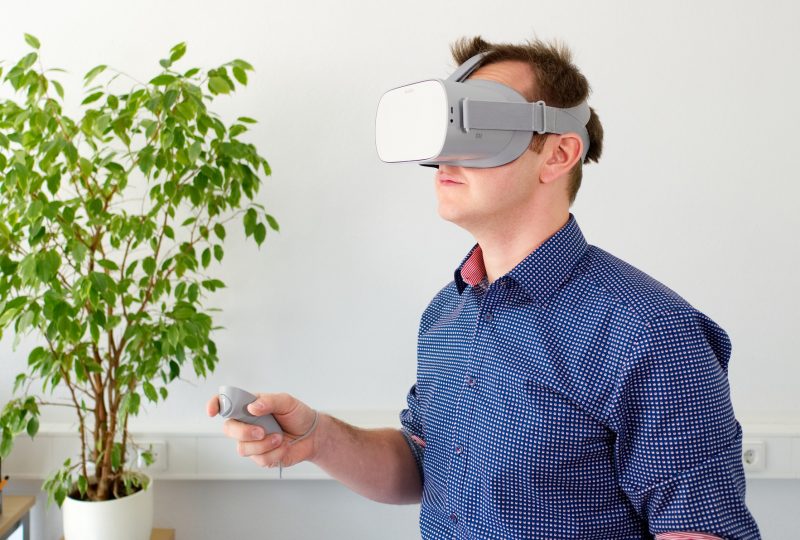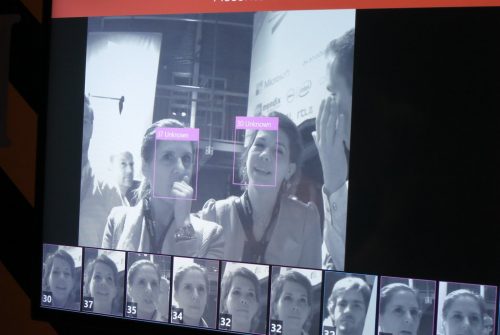The future of smartworking is in virtual reality
15 January 2021 | Written by Alberto Laratro
The pandemic has cleared smartworking, between opportunities and criticalities, immersive technologies could be the keystone

There are countless reports that recount the smartworking experience of our country. According to that of the Smart Working Observatory of the School of Management of the Politecnico di Milano, during the initial phase of the pandemic, during the first lockdown, Smart Working “involved 97% of large companies, 94% of Italian public administrations and 58% of SMEs, for a total of 6.58 million agile workers, about one third of Italian employees “.
In September 2020 there was a decrease in the number of workers who could perform their duties from home, reaching “5.06 million, divided into 1.67 million in large companies, 890 thousand in SMEs, 1.18 million in micro-enterprises, 1.32 million in the PA “. However huge numbers if compared to the 570 thousand workers in smartworking in 2019.
Working from home (or more generally remotely) is no longer a niche phenomenon but is felt by many to be almost a necessity. We tried to do an experiment without any statistical value but certainly in line with the data and which allows us to show a cross-section of the common feeling towards smartworking. With a survey on Linkedin we asked which form of work is preferable: the results are clear. Out of 280 responses, 50% would like a mixed formula in which the smartworking part is the main component. Only 4% want to return permanently to the office.
Don’t call it smartworking. The world of work has undergone a shock, with the pandemic, which has the potential to revolutionize the way and places we work. But beware, the risk of transforming smartworking into simple teleworking is around the corner. In fact, there are not a few problems that risk making a way of working that should be smart, in a simple transposition of office work into another environment: smartworking requires a rethinking of corporate organizational processes and culture. company, as well as new tools and means.
My new virtual office. Technology allows us to find new ways to work from home in such a way as to reinforce the positive aspects of not being present, without necessarily losing those related to office work. Facebook is pushing the development and distribution of its Oculus Quest VR virtual reality system, and above all it is trying to disconnect this technology from the world of video games it dominates. This year, in fact, the launch of Infinite Office is expected, a suite of apps and work tools totally in virtual reality that will allow you to do your work from home but at the same time to collaborate in real time with the avatars of your colleagues. in a (virtual) environment that has all the features and functions of an office.
Virtual reality will be one of the most important technological tools in the smartworking revolution, an important change that began several years ago but which, thanks to the pandemic, has received the push necessary to find the consensus of many companies. If the estimates of large stakeholders like Facebook are correct, the time is ripe, and in just 2-3 years we will be able to see this technology increasingly widespread (not) in our offices.





